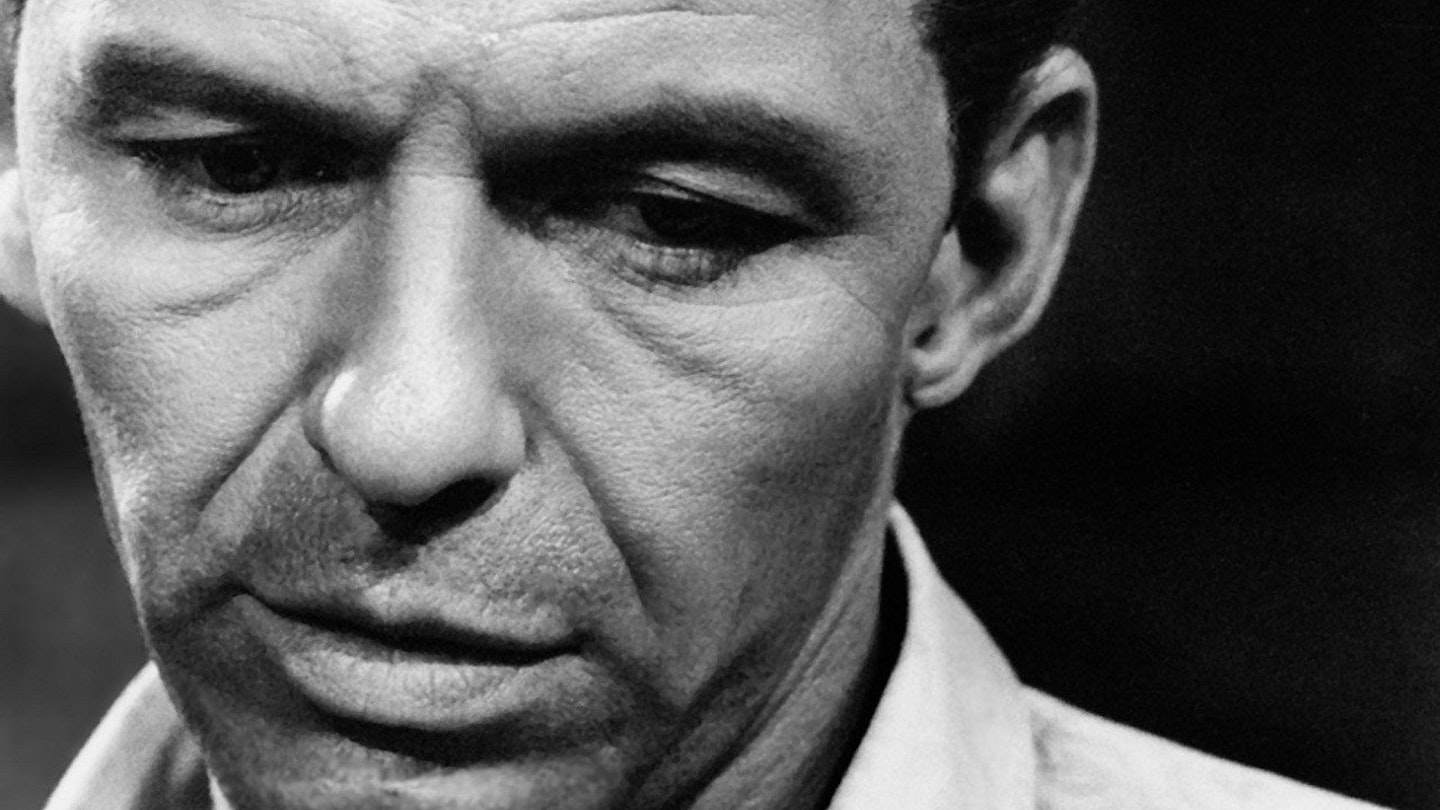Controversial in the 1950s because director Otto Preminger challenged the prevailing industry censorship codes and presented drug addiction as a central theme, this remains a powerful, noir-tinged melodrama.
With Elmer Bernstein’s jazzy hit theme striking up whenever Sinatra is jonesing for a fix, drawn across the sleazy nighttime neighbourhood to score from the sharp-suited local pusher (McGavin), it presents a junkie world that differs from latterday dope operas only in that everyone on the street is white.
The hero’s problem is not so much his ‘golden arm’ – as a mainliner, as well as a skilled card-dealer and a promising drummer – but the way all the lowlife losers around him, whether malicious like McGavin or the crook who runs the card-game (Robert Strauss), pretend-sympathetic Parker as the splendidly fake invalid/real hysteric wife (who even kills to keep him in line) or a genuine pal like a bespectacled, dog-kidnapping barfly (Arnold Stang, the voice of Top Cat), *want *Frankie to stay hooked, so their social lives and businesses can keep going.
The harrowing ‘cold turkey’ scenes are reminiscent of Billy Wilder’s treatment of booze withdrawal in The Long Weekend, which this often seems to be borrowing from, but Preminger’s and Sinatra’s best sequence is a three-day-long poker game which ruins Frankie’s chance of a drumming job as he turns up at an audition with the jitters. Novak is good, if a touch too beautiful, as the bar girl who really cares for and helps Frankie, and the hard-won triumph at the end (when the tune goes away) is very moving.
